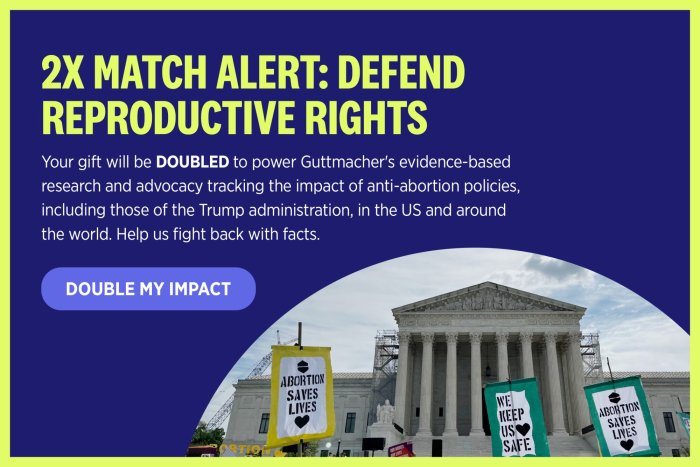Roe v. Wade is often used informally as shorthand for abortion access in the United States. However, the reality is that since this landmark court case was decided by the US Supreme Court in January 1973, the right to an abortion protected in Roe has been increasingly hollowed out, making the ability to get an abortion a right on paper only for far too many people.
Between 1973 and 2021, over 1,300 abortion restrictions were enacted in states, each one making it harder to obtain, afford or provide abortions. The pace and severity of these restrictions has picked up and the last decade alone accounts for 44% of all restrictions enacted since Roe was decided. In 2021, more abortion restrictions were enacted than in any other year, and 2022 could very well be worse.
While the Roe decision alone is far from enough to guarantee equitable abortion access for all people, it is still a crucial safeguard and the foundation on which to build a future where all people can get the compassionate, timely and affordable abortion care they need, want and deserve.
On the 49th anniversary of Roe, Guttmacher experts reflect on what this moment means to them.

